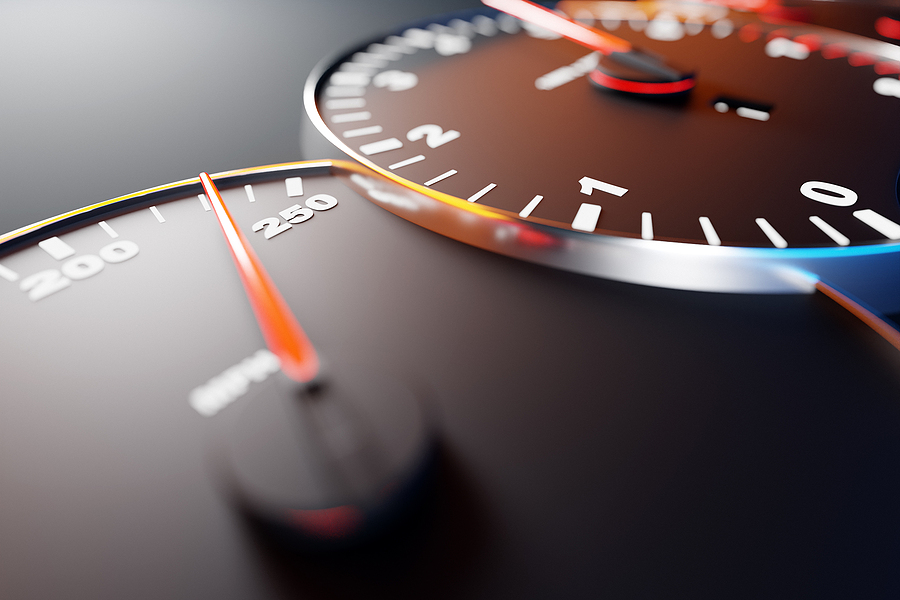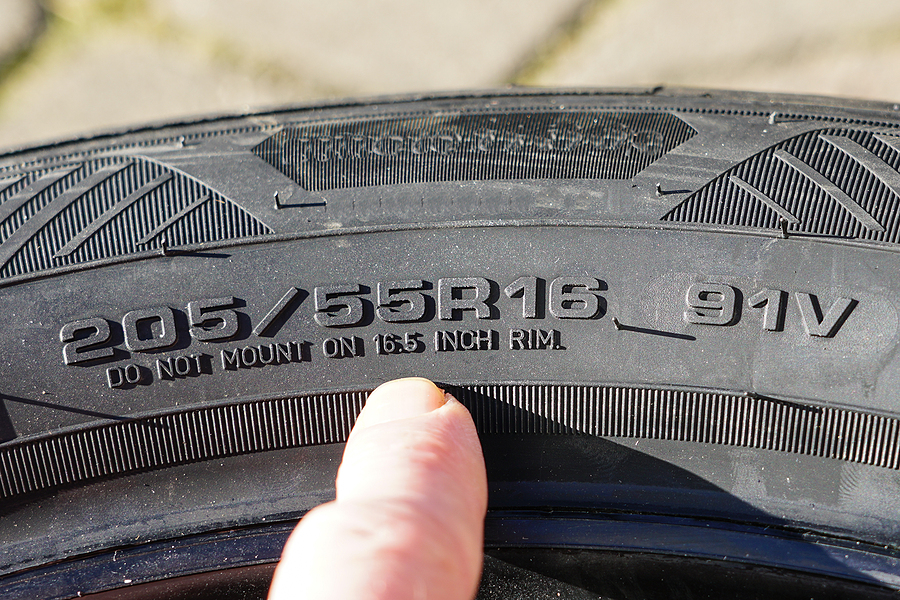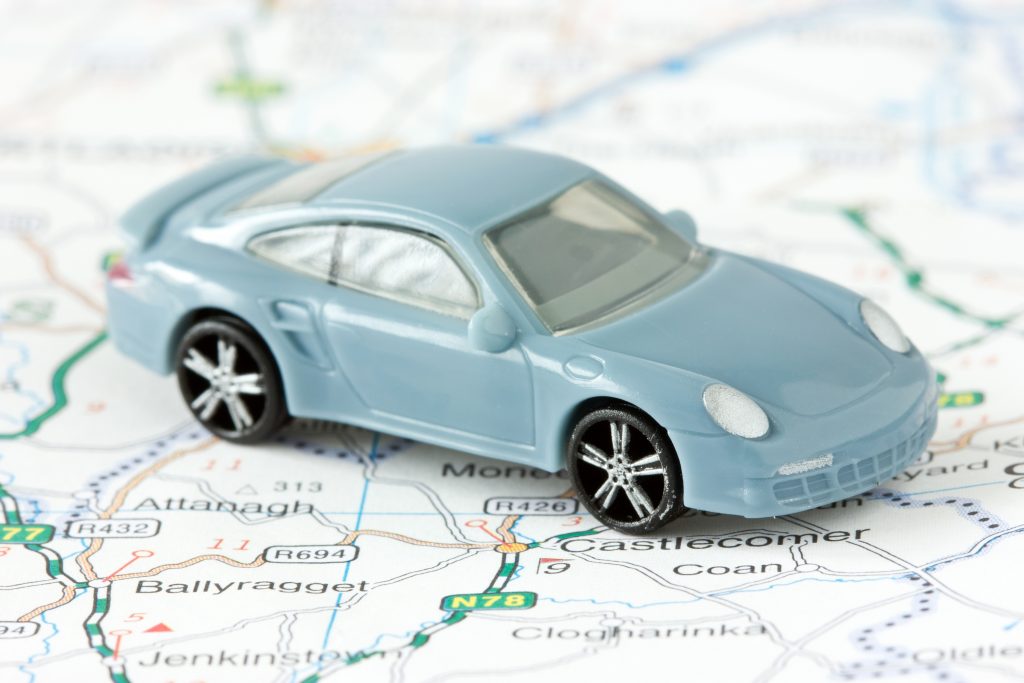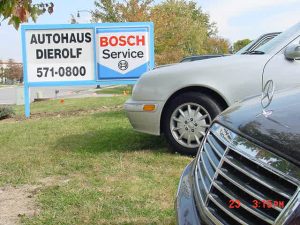Gas prices will always be at the forefront of our budgets. Fuel costs seem to increase with every turn of the market, regardless of direction. For the sake of your financial goals and money-saving priorities, try calculating your vehicle’s gas mileage to see if you are getting the most out of every gallon. Continue below to learn how you determine your car’s MPG, plus what you can do to improve fuel efficiency from there.

Gas Mileage 101
The number of miles your car can drive on one gallon of gas is referred to as gas mileage, or miles per gallon (MPG). This is also known as fuel economy. The more miles per gallon your car gets, the more fuel efficient it is.
To achieve the highest level of fuel economy possible for your vehicle, the key is regular maintenance and quality automotive parts and products. The better you care for your car, the better it will perform and the longer it will last.
To understand your vehicle’s routing car maintenance needs, refer to the owners’ manual. If you do not have the owners’ manual, you can download one online for your make and model vehicle, or you can ask a trusted Carmel IN mechanic for a recommended auto maintenance schedule.
Calculating Your Vehicle’s MPG
There are 7 simple steps to calculating your vehicle’s miles per gallon. It will take some time, as well as some basic, elementary-level math. Here’s how to determine a car’s MPG:
➊ Fill Your Tank All the Way – Be sure your gas tank is topped off all the way.
➋ Record the Odometer Reading – Write down the number of miles that reads on your odometer. You may also set your odometer’s trip meter is applicable.
➌ Use Up All Your Gas – Drive your vehicle as you normally would until the gas tank is on E again. This should take a week or so depending on how much and how far you drive on a daily basis.
➍ Record the Odometer Reading AGAIN – Write down the number of miles that shows on your odometer.
➎ Record the Number of Gallons Refueled – Write down how many gallons of gas it took to refuel your tank all the way full.
➏ Do the Math – Subtract the first odometer reading from the second reading. This will tell you how many miles your car drove on one tank of gas.
➐ Do Some More Math – To get your MPG, divide the number of miles you drove by the number of gallons it took to refill your gas tank.
Does Your Car Have Good Fuel Economy?
The U.S. Environmental Protection Agency provides us with a fuel economy rating system that evaluates vehicles on a scale from 1 to 10, with lower numbers being worse and higher numbers being better. If your vehicle has an MPG less than 14, you are assigned a rating of 1, while a MPG of 44 or more rates a full 10.
Are you looking for trusted automotive service for your classic or luxury European vehicle? Contact Autohaus Dierolf at 317-571-0800 for factory scheduled car maintenance in Carmel, Indianapolis. We are German-trained mechanics specializing in European make and model vehicles.
Related Posts:
How Does Tire Width Affect Gas Mileage in Cars?
5 Signs That Suggest Your Car Needs Fuel Pump Replacement
5 Automotive Modifications That Will Increase Horsepower




